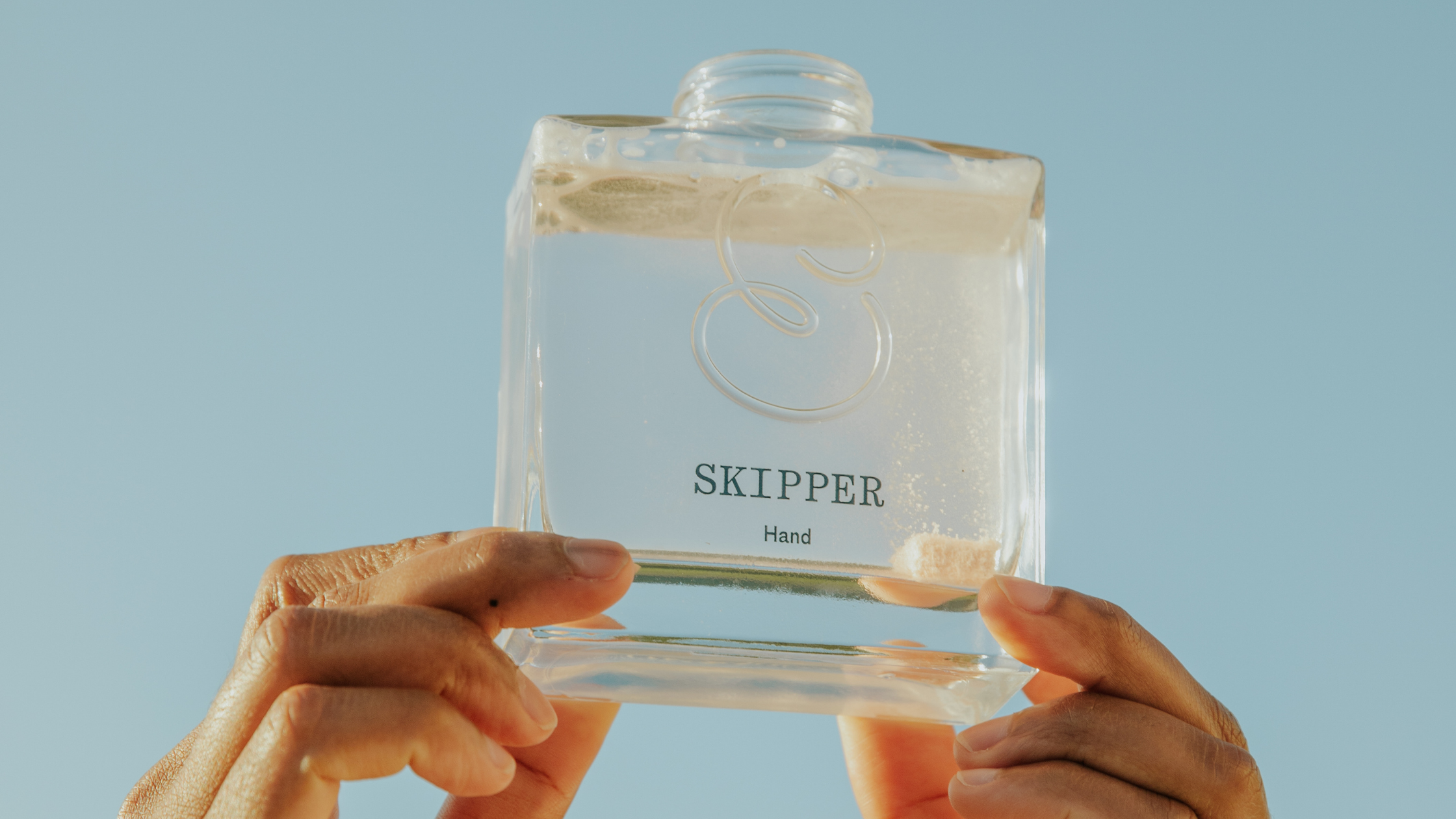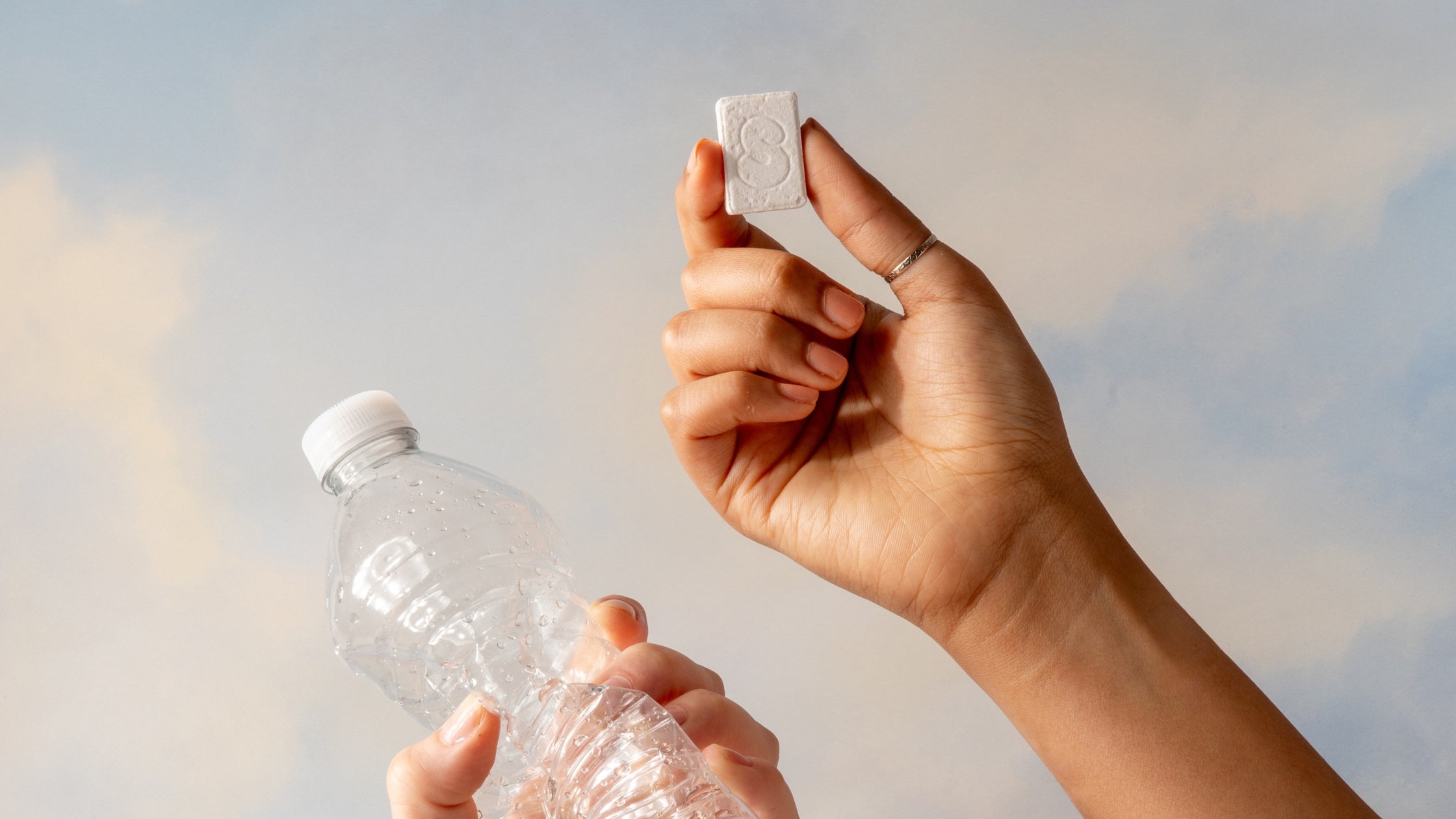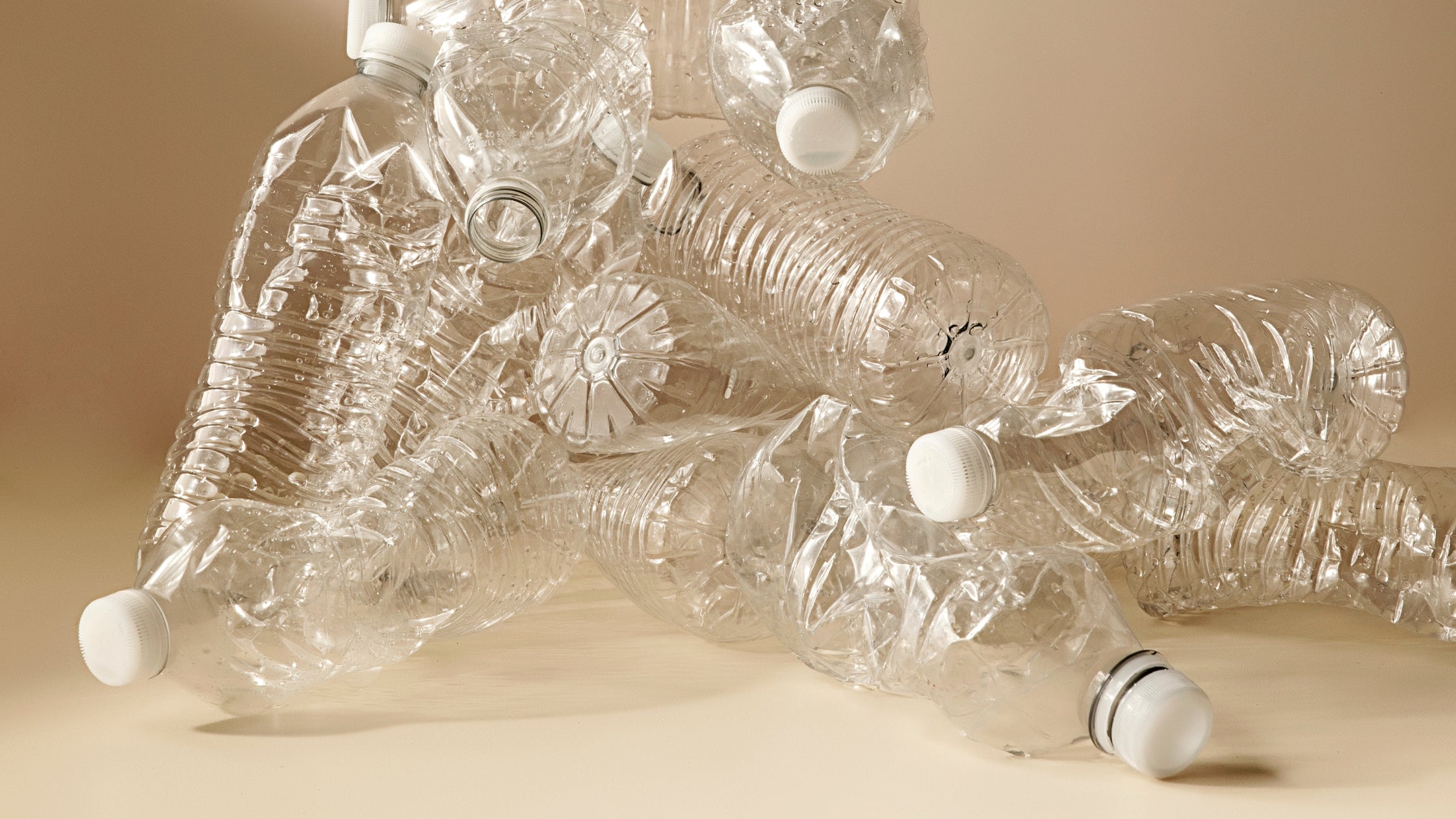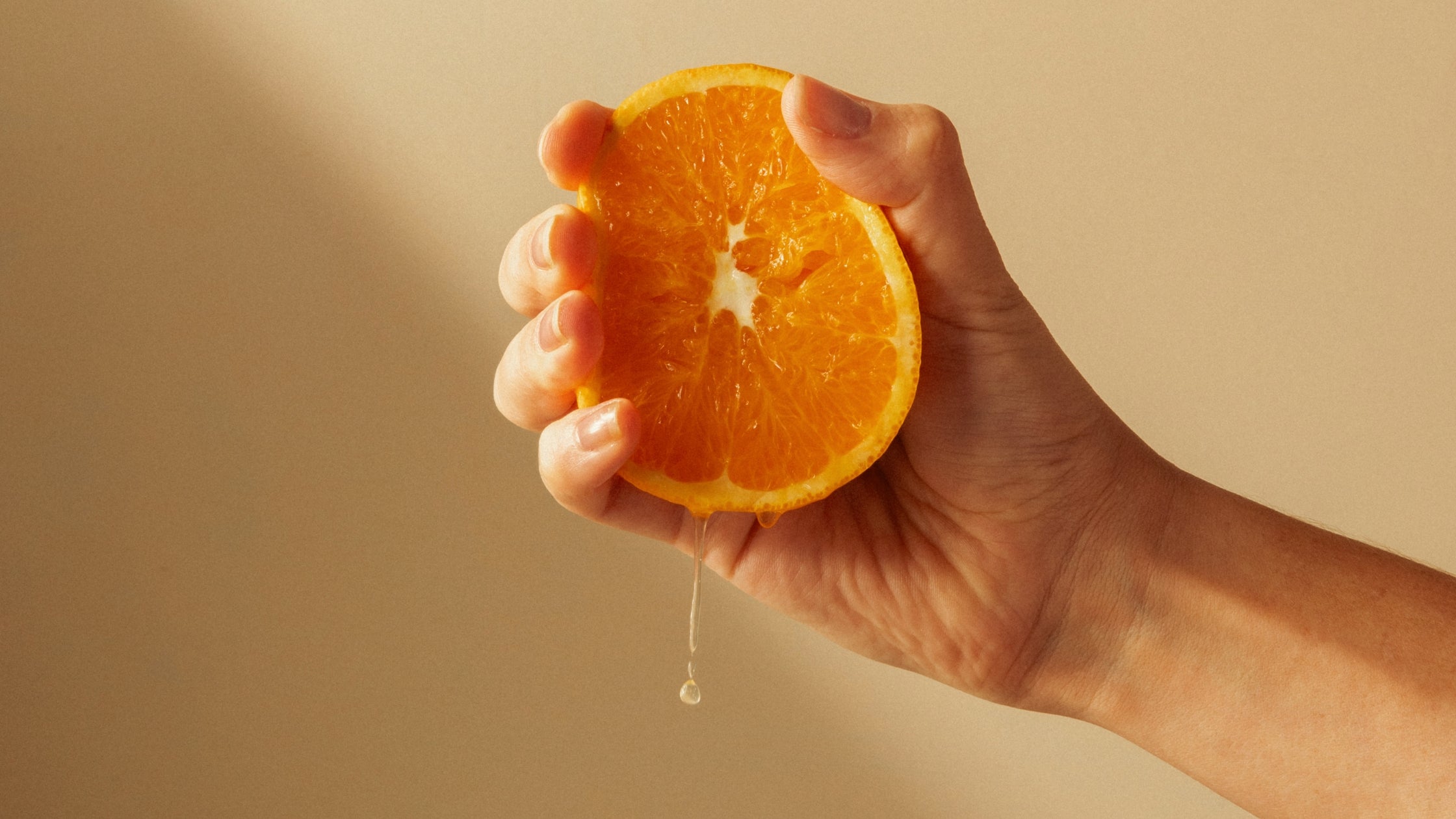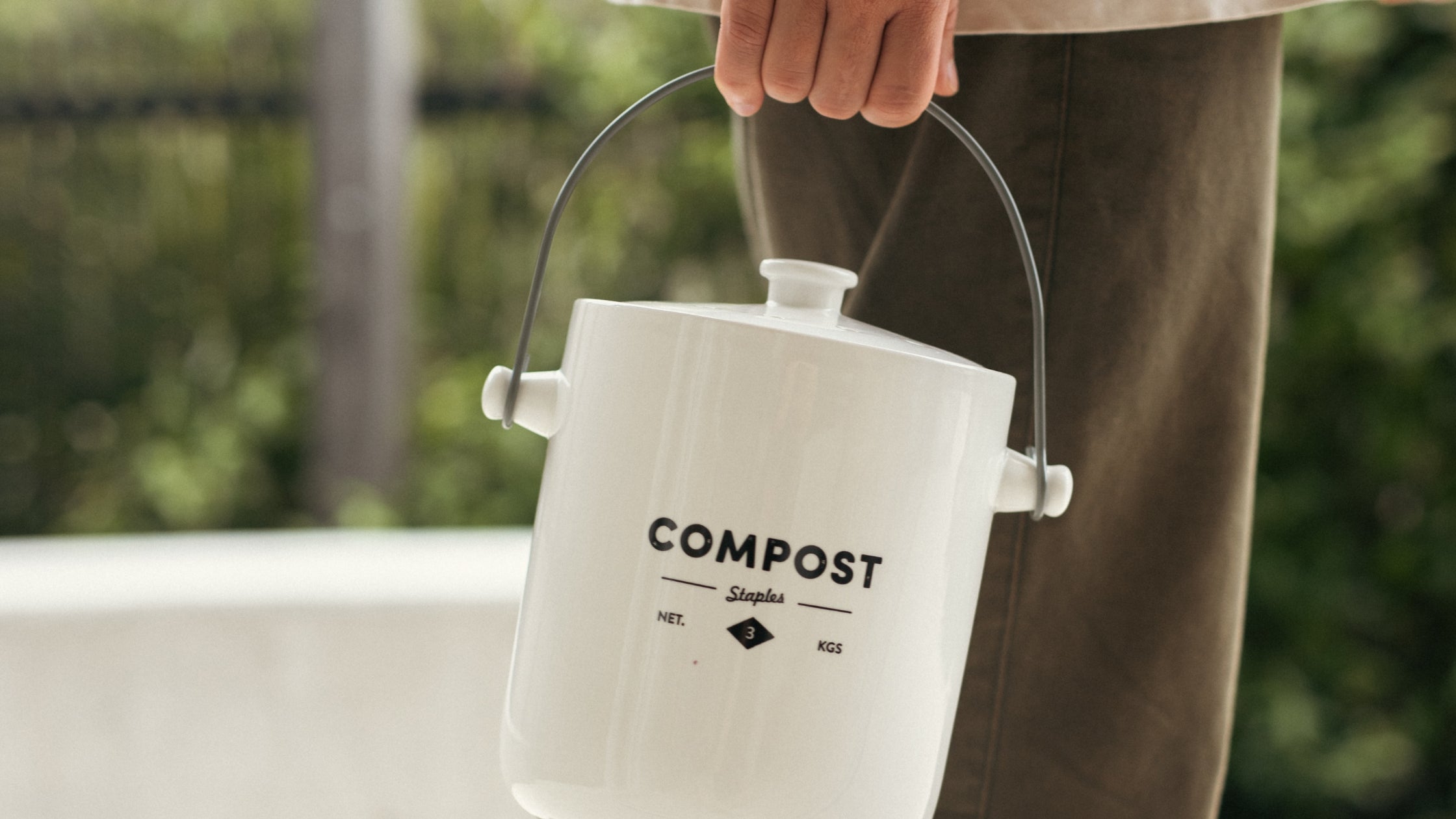Yes, you read correctly! As a company founded to prevent waste - especially plastic - this might seem like a strange choice of topic.
Plastic production is increasing
The world is in the midst of a plastic catastrophe. The industry is producing more than ever before, with no signs of slowing down. Of the plastic already produced, 50% is single-use and only 9% is recycled. It’s one of the reasons why for every Tirtyl Tab sold, we pick up the equivalent of a bottle of plastic from the ocean. How did we get into this mess? It really boils down to one reason, plastic is cheap!
Why is it happening?
When developing our Tirtyl Smart Soap Duo Kit, plastic haunted us throughout the process.
Choosing a glass bottle cost 25x more than a plastic bottle and is more emissions-intensive to ship. Choosing a paper wrapper cost 13x more. The harsh reality is most companies are not willing to pay these costs to preserve or increase profits, a problem particularly evident in larger corporations.
What did we do about it?
Given that Tirtyl is a purpose-driven organisation, we were prepared to make these costly decisions - it’s how we sleep easily at night. By also innovating on the form-factor of the product and condensing a foaming hand soap into a powerful tablet, we’re also able to keep it cost effective for the customer too. Yep, refills are cheaper than regular hand soaps. A real win-win!
BUT in one situation, we could not find an alternative to plastic. Our foaming hand soap pump!
We had two options, a 100% plastic pump or a 50-50 stainless steel and plastic pump.
Immediately, we were attracted to the stainless-steel option. It felt beautiful, looked stylish, worked very well and the material is known for its durability.
As some of you may know, at Tirtyl we offset out manufacturing and freight emissions by regenerating native koala forests in Australia. It was only when we completed a life-cycle assessment (LCA) of both pump options that we realised in this situation, the fully plastic pump was the “eco-friendlier” choice compared to stainless steel.
During manufacturing, stainless steel is 3-4 times more energy intensive than plastic. During use, the stainless-steel pump lasts about 18 months compared to our plastic pumps which are tested to last 10 years. Lastly and perhaps most surprisingly of all, there are no stainless steel pump recyclers so they are all set for landfill. Overall, we calculated the CO2 emissions from the stainless steel pump to be 16 times higher than polypropylene pumps over a period of 10 years!
So next time you’re looking for plastic substitutes, think about their raw materials, manufacturing process, longevity and recycling rates. You might be surprised - as we were - to find that in rare cases, plastic can be a more eco-friendly choice.



